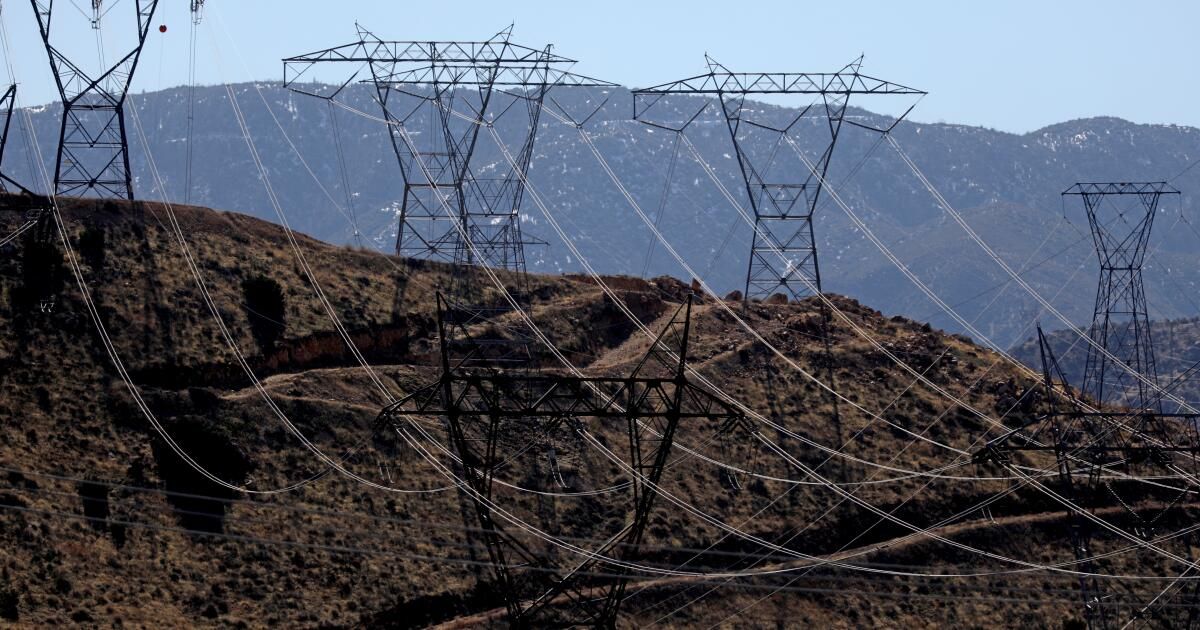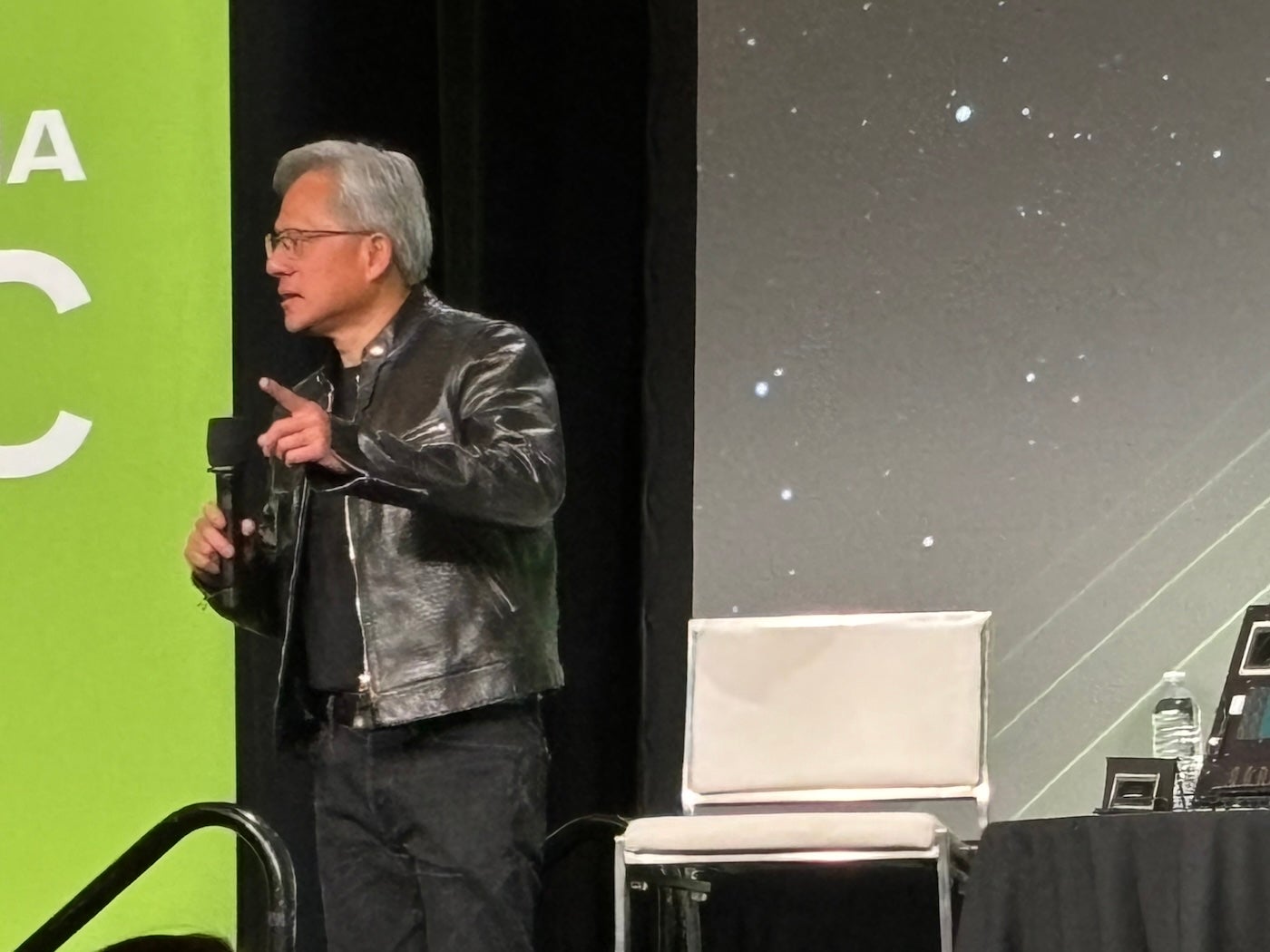To the editor: Edison International's utility company, Southern California Edison (SCE), understands that electricity bills are a growing concern. We continue to work with California regulators to achieve fair and transparent rates. Its editorial on ways to address higher electric bills paints a misleading picture for customers.
Since 2020, unprecedented wildfire conditions, extreme heat, and volatile commodity prices have caused SCE rates to outpace inflation. In a few years, we anticipate that rate changes will return to levels equal to or below inflation (as they were between 2001 and 2019).
Furthermore, the suggestion to move from an investor ownership structure to a utility ownership structure is misguided. A regulated business model that provides the opportunity to earn a fair rate of return is critical to raising capital to meet California's climate goals. A government takeover would transfer responsibility for operating the grid to local governments, reduce access to capital markets, and create uncertainty, all of which would lead to higher costs (and rates).
Edison International shares the goals outlined in this editorial: to safely provide reliable, affordable electricity while achieving net-zero carbon emissions by 2045. We need viable options to achieve this.
Pedro J. Pizarro, Rosemead
The writer is president and CEO of Edison International.
..
To the editor: I live in Anaheim, which has a municipal electric company. My rates are dramatically lower than those cited in the editorial. This is partly due to the city's unfortunate dependence on coal, but also due to the absence of private benefits.
Private enterprise is shown to be an unsatisfactory basis for meeting the basic needs of society. We see this manifest in the exorbitant costs of housing, food, and other necessities. Wouldn't it make sense to limit the market to satisfying wants rather than needs?
If a customer prefers caviar instead of cabbage, so be it. But everyone should be able to afford to buy vegetables.
Doesn't the public deserve to have control over what is essential? Products and services could be developed without the perverse incentive to use the cheapest components, ignore environmental and health concerns, and add as much profit as the market can bear.
Public spending can have disadvantages and also perverse incentives. Inefficiency and the preservation of comfortable fiefdoms come to mind. These evils could be countered with greater transparency, oversight and citizen participation.
Grace Bertalot, Anaheim
..
To the editor: His diagnosis of what's wrong with California's electric rates is spot on. We just passed through Rhode Island and now have the highest rates in the continental US.
But his recipes would only make things worse. Sacramento's $45 billion budget shortfall shows just how terrible it is at financial planning. The bullet train shows that it is even worse in terms of infrastructure.
It should not be like that. The main source of electricity in California is natural gas, a cheaper fuel now than in the last 25 years. Other sources such as solar, wind, hydraulic and geothermal do not even use fuel. Generation costs have never been cheaper, and yet utility rates have never been higher.
The problem is the costly mandates of the California Public Utilities Commission and other regulators, who garnish our electric bills to pursue their fanciful agendas. Sacramento is not the solution. Sacramento is the problem.
Robert Helbing, Monrovia












